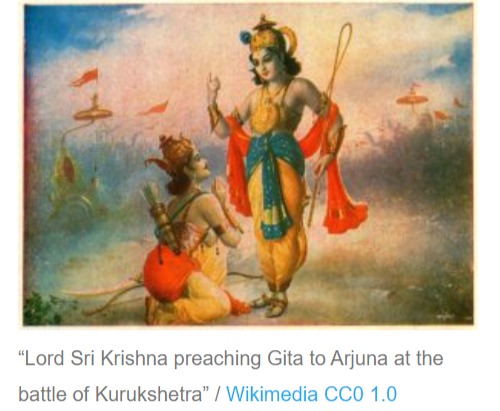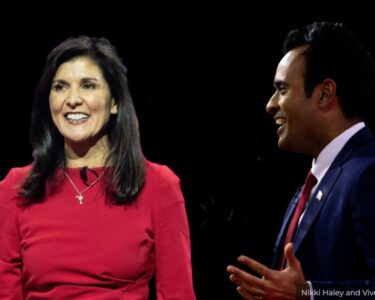Sai Santosh Kumar Kolluru
Introduction
Swami Vivekananda’s famous speech at the Parliament of World Religions in 1893 introduced Hinduism2 to the West. As an ambassador of one of the most ancient traditions of the world, he conveyed the essence of the Vedas, the universal acceptance of all traditions: “as the different streams having their sources in different places…all lead to Thee.” (Rig Veda -1.164.46). 3 127 years later much has changed in the West. A million plus Hindus live in the United States. Words like karma, yoga, and mantra are part of everyday vocabulary. Indeed, public opinion on God and Life are turning Hindu. With this influence of the East, I’ve always wondered how and what, if any, that influence has on the Hindu-Americans professionals that now dominate both the private and public sectors, particularly in the legal profession.
As a Hindu-American lawyer myself, I invite you to explore this question from my perspective. First, I examine my Hindu identity: what being Hindu means to me. Second, I examine my identity as a lawyer: what being a lawyer means to me. Last, I examine the influence of my spiritual practice (sadhana) to attain liberation (mokṣa), the ultimate state of freedom from all sorrow (ātyantika-duḥkha-nivṛtti), on my role as a lawyer. I rely on the revelations of the Upaniṣads, discourses and dialogues of self-realized seers (Rishis), and the practical teachings of the Bhagavad Gītā, a 700-verse dialogue in the epic Mahabharata, as my Vedantic references. I also rely on the writings of Mahatma Gandhi, perhaps the most well-known Hindu lawyer. I hope that this essay provides a starting point for introspection for Hindu-American lawyers everywhere.
My Hindu Identity
I was named after an incarnation of the Divine Mother, Santoshi Mata, and after a famous Hindu and Muslim Saint, Sai Baba of Shirdi. Growing up, there was a devotional song (bhajan) my family would sing – You are Allah, You are Jesus, You are Zoroaster and Buddha, You are my Ram, and You are my Rahim (“Allah Tum Ho, Yeshu Tum Ho, Zoroastria Bhi Ho, Mahavir Tum Ho, Gautama Buddha Karim, Mere Ram, Mere Ram, Ram Rahim”). The pluralism in my name and the universal appeal of my tradition shaped my Hindu identity, and sparked devotion (Bhakti) in my heart early on. This identity drove me to ask the two most fundamental questions of my life: who am I? and what is my purpose? To answer the first question, the Upaniṣadic teaching of non-duality (a-dvaita) of the individual self (Jīva) and the Total Self (Brahman) introduced me to the school of Advaita Vedanta.4 The Upaniṣads declare, “I am not the finite conditionings that constitute the individual identity, I am Brahman alone.”5 To realize this Truth, the Gītā became my practical guide. The idea that I can both be a seeker of Truth and play an active role in this world (karma-yoga) drew me to the Gītā. This in turn led me to answer my second question: to be a lawyer.
My Identity as a Lawyer
I still remember the day my father told me we were going to America. At the age of nine, I entered a world of abundance and opportunity. Fifteen years later, this journey led me to law as a career. I realized that I can use law as an instrument to have an immediate impact on someone’s life for the better. Throughout law school, I channeled this passion to help those in need; I petitioned for an immigration law clinic, wrote editorials on pressing issues, began my journey as a public servant interning and externing at various government agencies and non-profits, and attempted to bridge Eastern wisdom with Western thought as a member of the Journal of Law and Religion. Ultimately, for me, becoming a lawyer meant that I could bring the same yearning for the Truth, to serve the world through the legal profession.
How can my life’s journey to attain the Ultimate possibly benefit from my actions (karma) in the legal profession if I am supposed to present my client’s version of the truth and, by default, develop a personality of hostility?
Read the rest @ https://canopyforum.org/2020/09/02/a-hindu-american-lawyers-quest/






